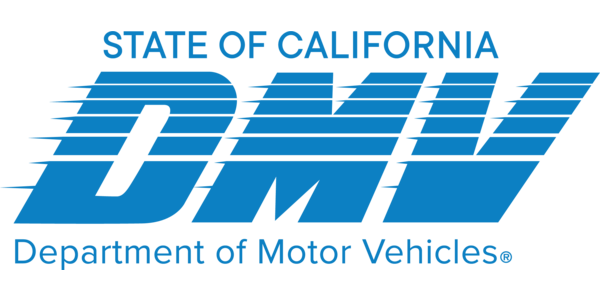Registering Out-of-State Vehicles in California: What You Need to Know
Bringing an out-of-state vehicle into California comes with its own set of rules and requirements. Whether you’re relocating or purchasing a vehicle from another state, it’s important to follow California’s registration process to make sure your vehicle complies with local laws. Here’s what you need to know to get your out-of-state vehicle legally registered in California.
1. Timeframe for Registration
If you’re moving to California or bringing a vehicle from another state, you must register it with the California Department of Motor Vehicles (DMV) within 20 days of establishing residency. Establishing residency may include:
- Taking a job in California.
- Enrolling your children in California schools.
- Renting or purchasing property in the state.
Failing to register within this timeframe can result in fines and penalties, so it’s important to act quickly after moving.
2. Smog Check Requirement
One of the first steps in registering an out-of-state vehicle is ensuring it meets California’s emissions standards. Most vehicles, especially those that are more than four years old, must pass a smog inspection before they can be registered. Here’s what you need to know:
- Smog certification: Vehicles from other states may not automatically meet California’s strict smog requirements, so you’ll need to provide proof of a valid smog check.
- Exemptions: Electric vehicles, hybrids, and certain newer models may be exempt from this requirement .
Make sure to get your smog check done early, as failing the test can delay your registration process.
3. Documents You Need
To register an out-of-state vehicle, you’ll need to provide the DMV with several key documents:
- The vehicle title or registration from the state where the car was previously registered.
- Proof of insurance that meets California’s minimum coverage requirements.
- A completed Application for Title or Registration (Form REG 343), which can be found online or at the DMV.
- Odometer reading for vehicles less than 10 years old.
Having these documents ready in advance will make the registration process much smoother.
4. VIN Inspection
In California, your out-of-state vehicle must undergo a Vehicle Identification Number (VIN) inspection to verify its identity. This inspection can be performed at the DMV, by the California Highway Patrol (CHP), or by an authorized VIN verification service. The inspector will check:
- VIN number to ensure it matches your vehicle’s paperwork.
- Safety compliance to ensure the vehicle meets California’s standards.
Once your VIN is verified, the DMV can proceed with the registration process.
5. Fees and Taxes
Registering an out-of-state vehicle in California involves several fees:
- Registration fees: These vary depending on the vehicle’s value, age, and location in California.
- Use tax: If the vehicle was purchased out of state, you may need to pay a use tax similar to the sales tax that would have been charged in California.
- Smog check fees: If your vehicle requires a smog check, you’ll be responsible for any associated costs.
Understanding the fees upfront helps you budget for the total cost of registration.
6. Special Cases for Military Personnel
California offers some special registration considerations for military personnel. If you’re an active-duty service member stationed in California but are a resident of another state, you may not need to register your vehicle in California. However, you must provide proof of your current military status and out-of-state registration. Be sure to check with the DMV for specific requirements that may apply to your situation.






Recent Comments